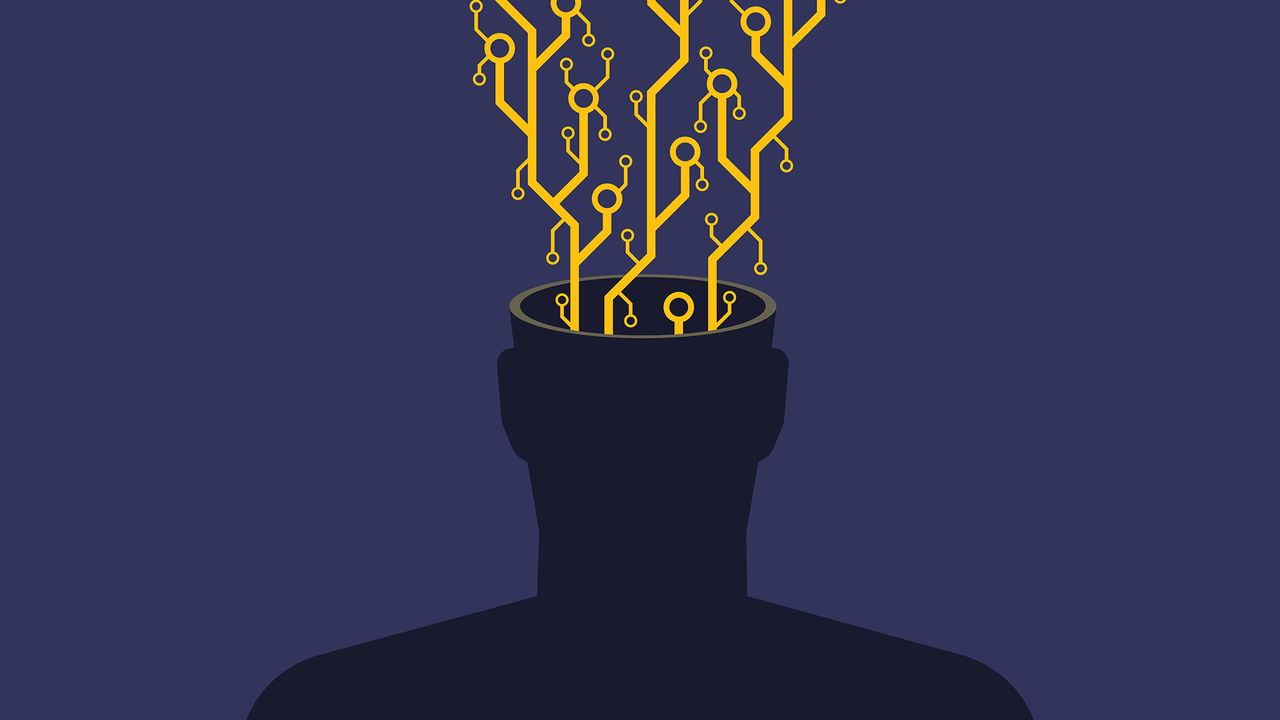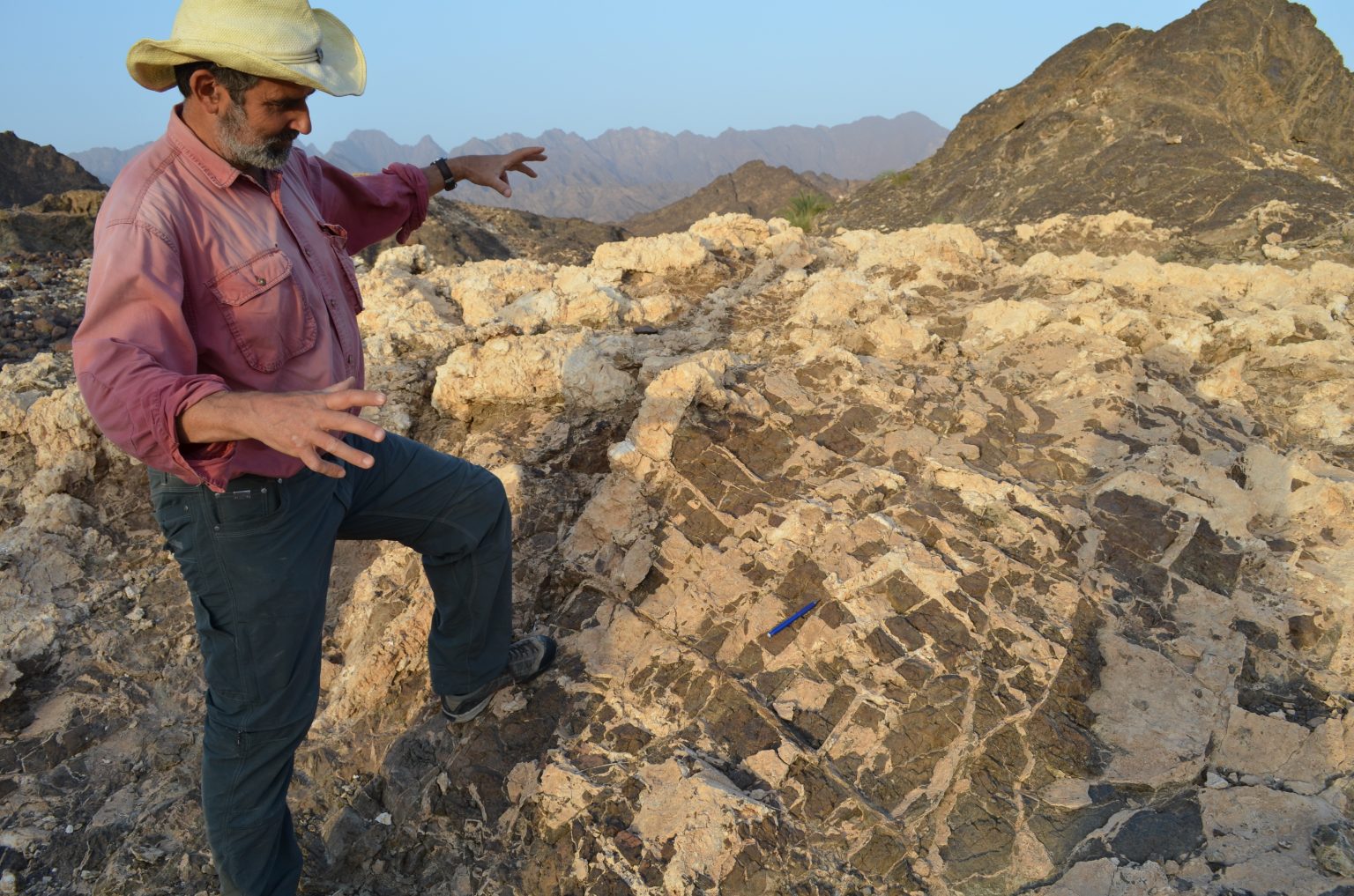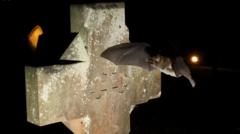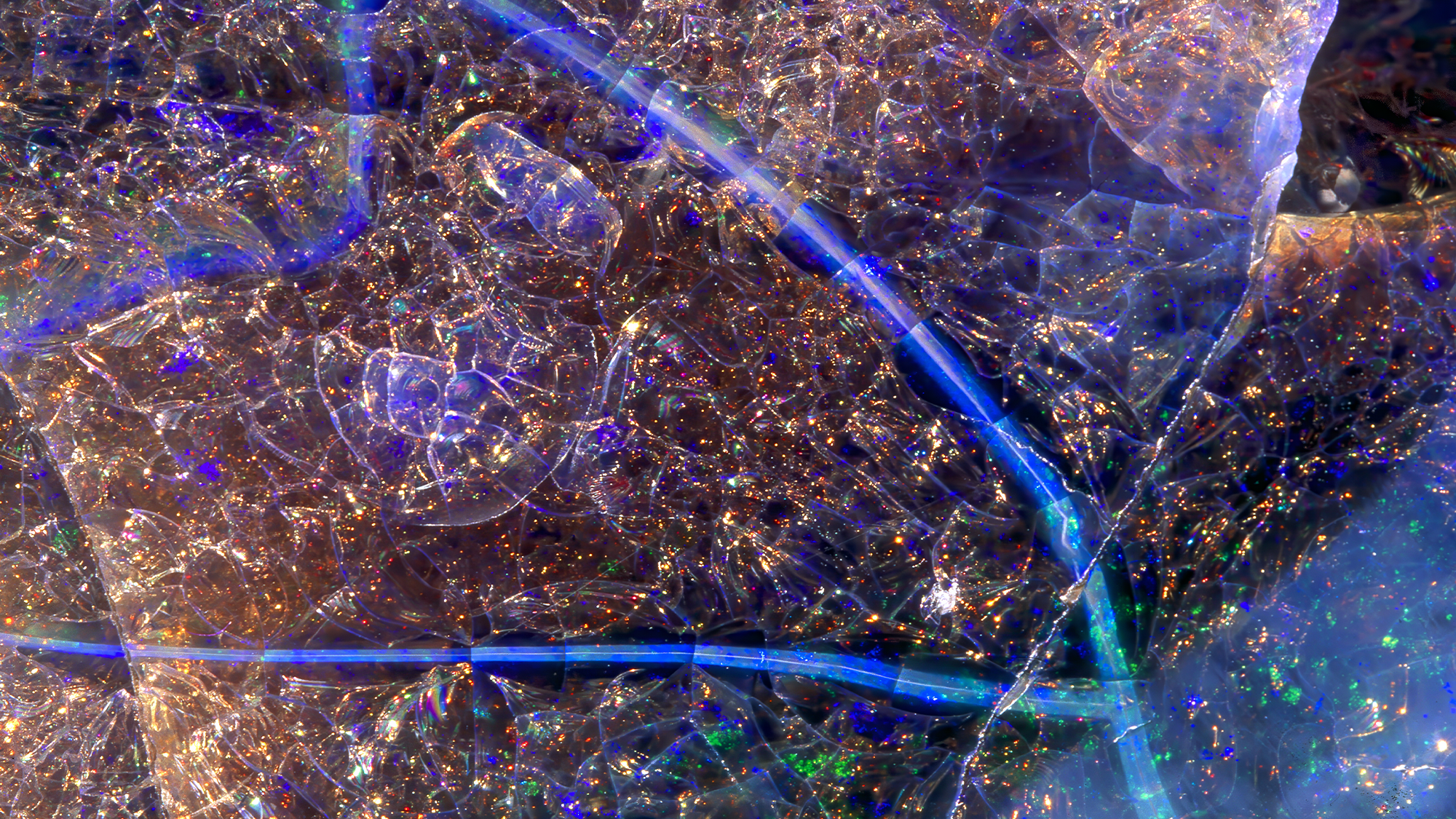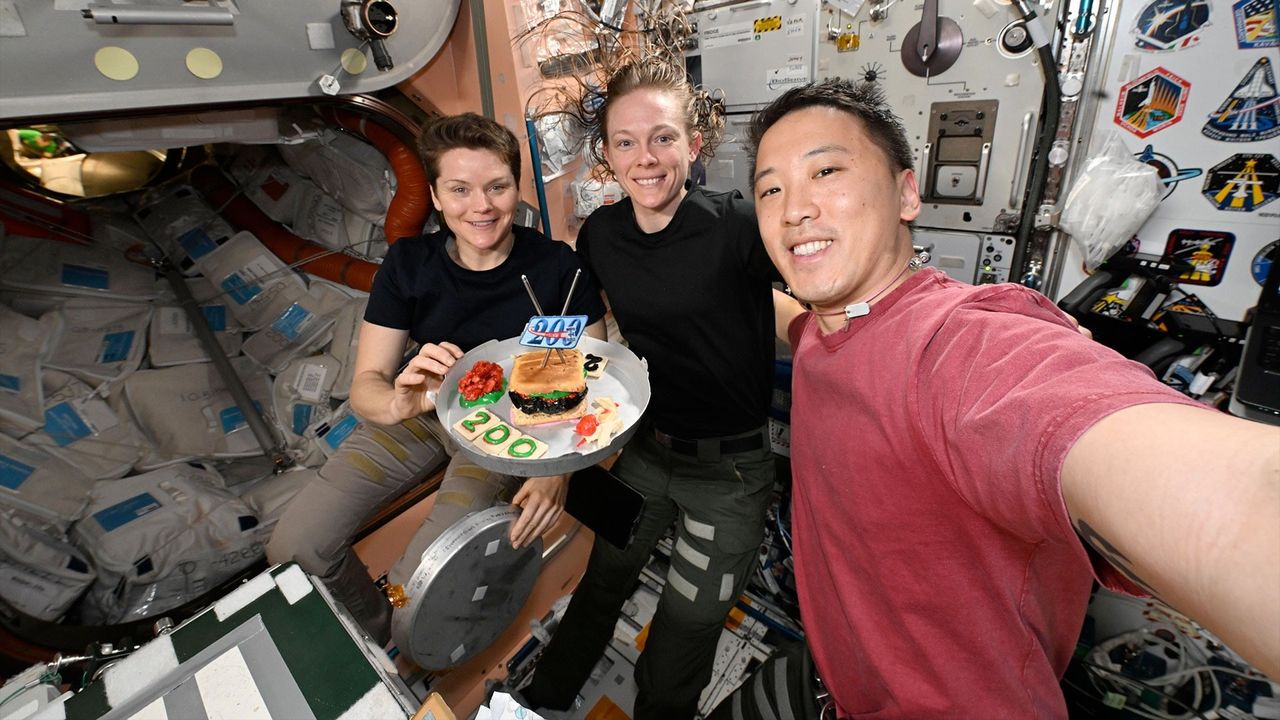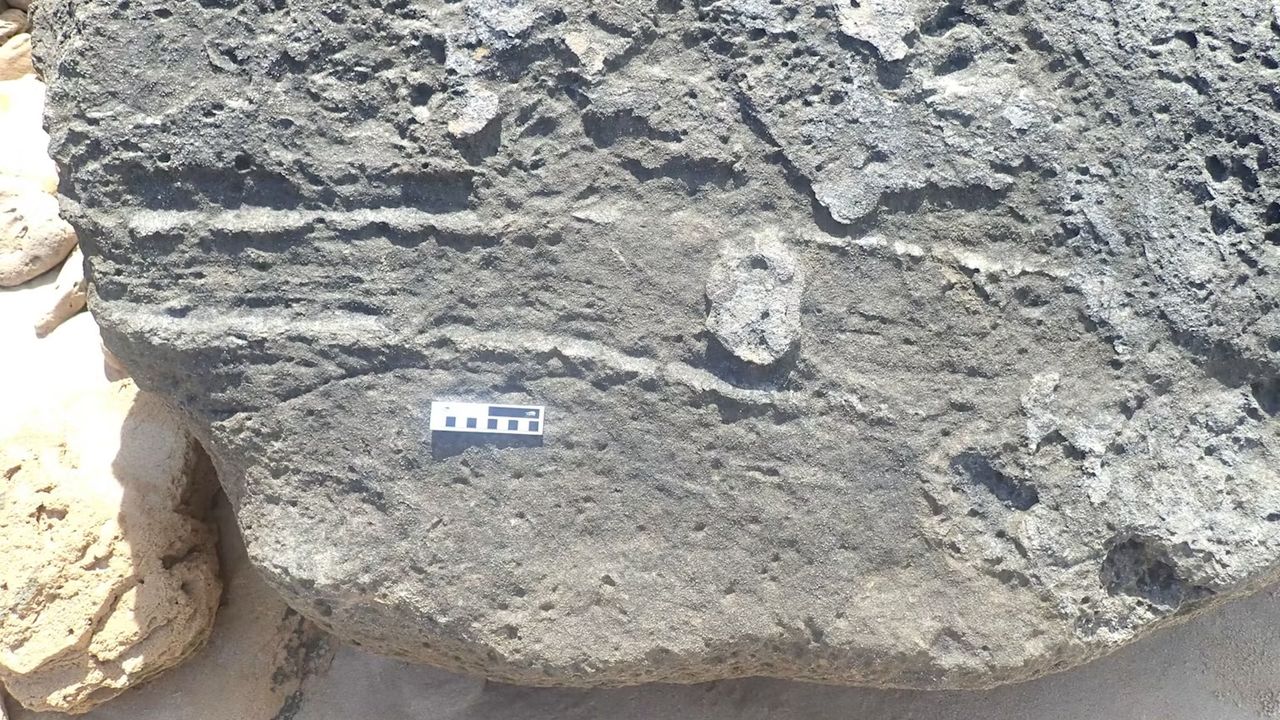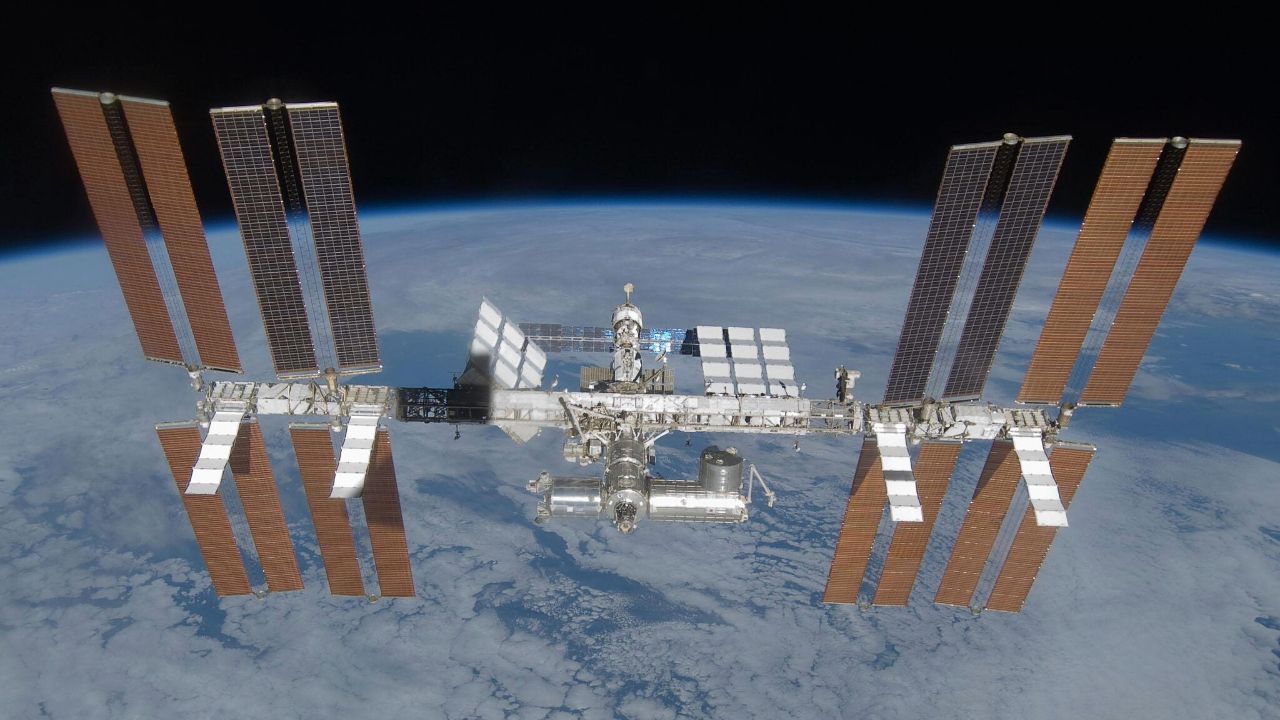COVID During Pregnancy May Raise Autism Risk, Study Suggests
NeutralScience
A recent study suggests that viral infections, including COVID-19, during pregnancy may increase the risk of autism in children. This finding is significant as it adds to the growing body of research on how maternal health can impact child development, highlighting the importance of protecting pregnant individuals from infections.
— Curated by the World Pulse Now AI Editorial System

